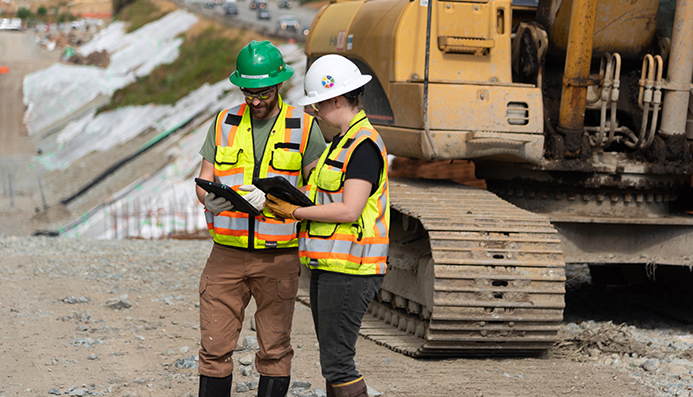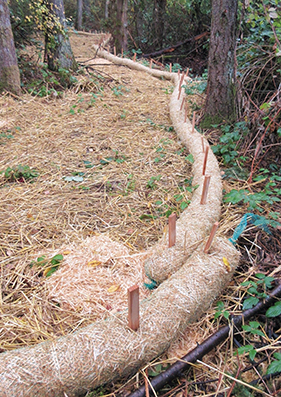

The Importance of Environmental Compliance
In today’s construction industry, contractors must be aware of various crucial aspects to ensure a successful project. Punctuality, adherence to budget constraints, meeting client expectations, and complying with project specifications and permit requirements all contribute to achieving success. In Western Washington, most permit requirements revolve around environmental considerations, involving collaboration with local, state, and federal agencies. Environmental compliance stands as a key component for project success.
It all starts during the design phase of a project. Once a project is defined, contractors or clients must follow their due diligence to understand all potential environmental impacts. This process is governed by the State Environmental Protection Act (SEPA). This act requires groups to administer an Environmental Impact Statement. This statement will include all known potential environmental impacts before, during, and after project completion. The document sets out the path of responsibilities the contractor is required to fulfill.
Within this context, numerous environmental permits impose various requirements, depending on the project specifications. For instance, the US Army Corps of Engineers 404 Dredge and Fill permit strictly prohibits disturbances within wetlands, critical areas, streams, stream banks, and other tributaries without proper permitting and compliance with detailed conditions. Even when a permit might not be explicitly required, contractors still need to adhere to the conditions stipulated in the permit.
The Washington State Department of Ecology mandates that projects disturbing an acre or more, or projects connected to a larger common plan of development or sale, must apply for coverage under the Construction Stormwater General Permit (CSWGP). This permit grants authorization for the discharge of stormwater from the construction project. However, it’s essential to note that this authorization doesn’t imply unrestricted discharge; instead, contractors must meet water quality standards outlined in the permit conditions. To prevent potential violations and fines or the revocation of their permit, contractors must meticulously follow the numerous requirements set forth.
There are many other environmental requirements that most contractors must adhere to, including, but not limited to:
• Spill Prevention Controls and Countermeasures (SPCC)
• Migratory Treaty Bird Act (MBTA)
• Tree and Landscape Protection
• Noise and Vibration
• Archaeological Finds
• Contamination
• Fish Passage
• Stream Restoration
• Washington State Priority Habitats and Species (PHS) Regulations
All items listed require the contractor to develop plans identifying how they intend to manage the project, being able to stay environmentally compliant. Raedeke Associates, Inc. has a wealth of expertise in ensuring compliance with environmental issues and can assist in determining which requirements may apply for a specific project.
